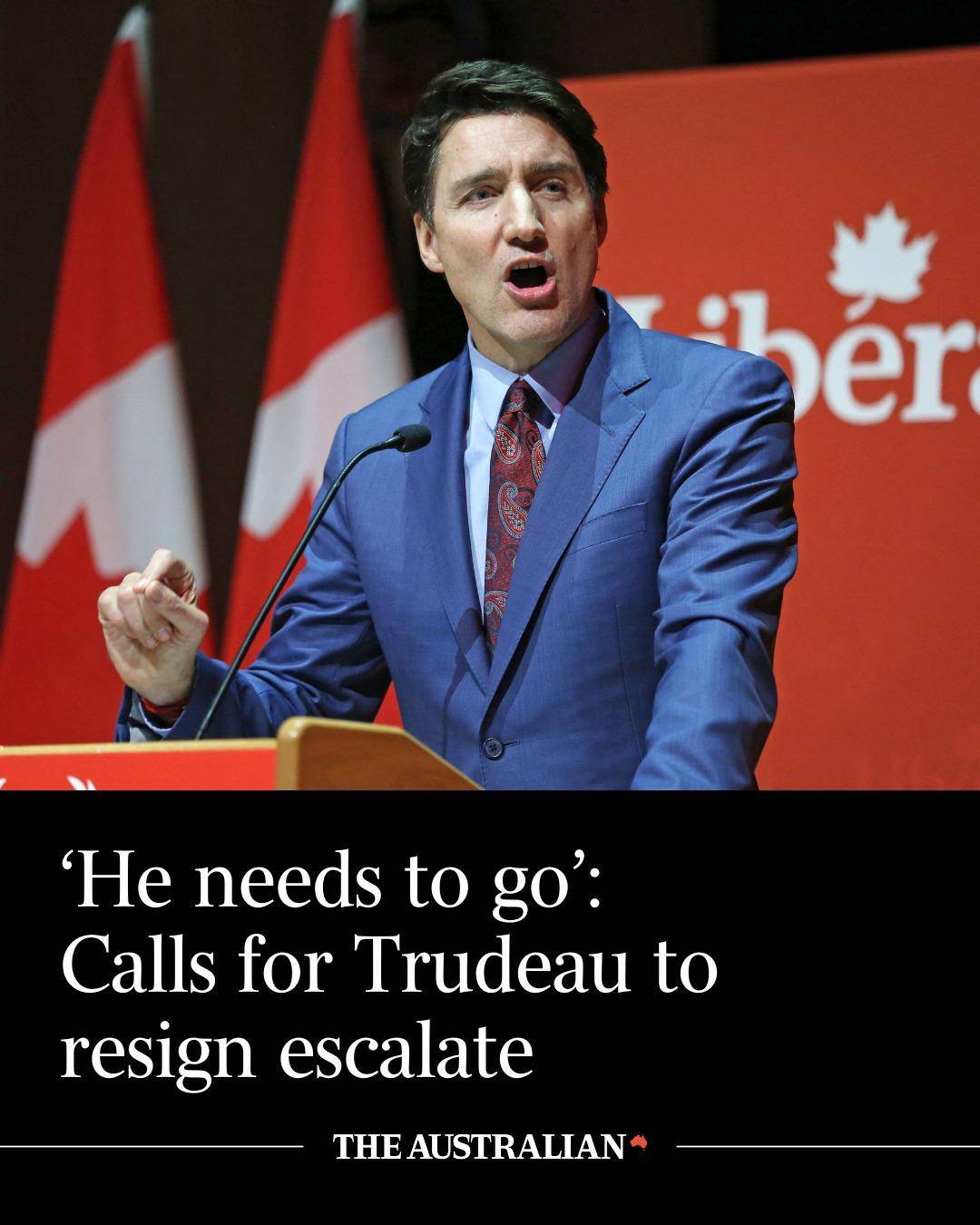How Trump’s Tariff Threat Pushed Trudeau to the Brink of Resignation.
In recent weeks, Canadian Prime Minister Justin Trudeau has faced mounting pressure as his leadership comes under fire amidst an escalating political and economic crisis. The tension stems from U.S. President-elect Donald Trump’s threat to impose a 25% tariff on Canadian imports, a move that has sent shockwaves through Canada’s political and business landscape.
The Tariff Crisis Unfolds
The proposed tariffs, rooted in Trump’s policy of economic nationalism, have dominated Canadian headlines. Trudeau, already grappling with declining public support, faced an unexpected blow this week when Finance Minister Chrystia Freeland announced her resignation. In her resignation letter, Freeland underscored the seriousness of the looming “tariff war†and criticized Trudeau’s handling of the crisis, calling for a more prudent fiscal strategy.
Freeland’s departure highlights internal divisions within the Liberal Party and signals growing dissatisfaction with Trudeau’s leadership. Her departure has not only intensified criticism from opposition parties but has also fueled doubts about Trudeau’s ability to navigate the economic challenges ahead.
Political Fallout
Opposition leader Pierre Poilievre has seized the moment to amplify calls for Trudeau’s resignation, labeling his leadership as “chaotic†and “weak.†With federal elections on the horizon, Poilievre’s rhetoric resonates with an electorate already frustrated by rising living costs, a housing crisis, and political polarization.
Adding to Trudeau’s troubles is the withdrawal of support from the New Democratic Party (NDP) in September. The collapse of this alliance has left Trudeau’s minority government vulnerable to a potential no-confidence vote, which could trigger an early election.
A Country at a Crossroads
Canada finds itself at a pivotal juncture. The looming trade conflict with its largest trading partner threatens economic stability, while internal political strife jeopardizes effective governance. As public trust in Trudeau wanes, the appetite for political change is palpable.
If the situation continues to spiral, it could mark the end of Trudeau’s tenure as prime minister, ushering in a new era of leadership under Poilievre’s right-wing populist vision. The next few months will be critical for Trudeau as he seeks to steady the ship amid growing uncertainty.
This unfolding drama serves as a reminder of the intricate interplay between international relations and domestic politics, and how swiftly the tides of leadership can shift under mounting pressure.


